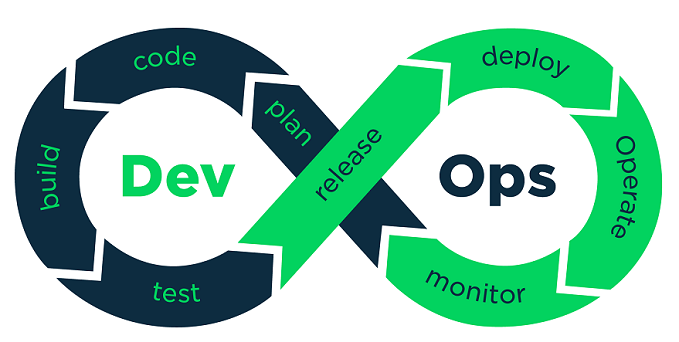Cloud computing and DevOps roadmap for beginners

Career building in cloud computing and DevOps technology is the most popular and in-demand among youth worldwide. Here I am sharing a roadmap for beginners to get started. There are 11 easy steps to follow to learn cloud computing and DevOps.
Start Learning the Basics:
Understand Cloud Concepts: First start learning what cloud computing is. Start learning key concepts like Infrastructure as a Service (IaaS), Platform as a Service (PaaS), and Software as a Service (SaaS).
Programming Skills: Start learning a programming language such as Python, which is widely used in both cloud and DevOps.
Cloud Services:
Choose a Cloud Provider: Start learning about cloud providers like Amazon Web Services (AWS), Microsoft Azure, or Google Cloud Platform (GCP).
Create an Account: Sign up for a free account with your chosen cloud provider to experiment with their services.
Explore Core Services: Start learning about fundamental cloud services like virtual machines (EC2 on AWS, VMs on Azure), storage (S3 on AWS, Blob Storage on Azure), and networking (VPC on AWS, VNet on Azure).
Infrastructure as Code (IaC):
Learn Terraform: Terraform is a popular IaC tool. Understand how to write Terraform scripts to provision and manage infrastructure.
Containers:
Docker: Start learning about containerization with Docker. Learn and understand how to create, deploy, and manage containers.
Kubernetes: Start learning about Kubernetes, which is essential for container orchestration. Learn how to deploy, scale, and manage containerized applications.
Continuous Integration/Continuous Deployment (CI/CD):
Version Control: Learn Git and use platforms like GitHub or GitLab for version control.
CI/CD Tools: Start learning about CI/CD tools like Jenkins, Travis CI, CircleCI, or GitLab CI/CD. Create a simple CI/CD pipeline.
Monitoring and Logging:
Monitoring Tools: Start learning about how to use monitoring tools like Prometheus and Grafana or cloud-native solutions like AWS CloudWatch or Azure Monitor.
Logging: Start learning the importance of centralized logging with tools like ELK (Elasticsearch, Logstash, Kibana) or cloud-native logging solutions.
Infrastructure Management:
Configuration Management: Learn about configuration management tools like Ansible or Puppet for automating system configurations.
Cloud-native Management: Start learning about cloud-native management tools like AWS Systems Manager or Azure Automation.
Security:
Cloud Security: Start learning cloud security practices and concepts like Identity and Access Management (IAM), Security Groups, and Network ACLs.
DevSecOps: Learn how to integrate security practices into your DevOps processes.
Collaboration:
Communication Tools: Learn about communication and collaboration tools like Slack and Microsoft Teams. These tools are very useful and handy.
Real-world Projects:
Start working on real-world projects to apply what you've learned.
Networking:
Use social media channels like Linkedin, Tech forums, and communities, and attend meetups & conferences to strengthen your networks which will definitely help you get jobs in Cloud networking and DevOps.
Reference:
DevOps Tutorial
Cloud computing tutorial
Certification in Cloud computing and DevOps
Subscribe to my newsletter
Read articles from SQL, Python, Java, AI, ML, Data Science and Machine Learning Tips directly inside your inbox. Subscribe to the newsletter, and don't miss out.
Written by

SQL, Python, Java, AI, ML, Data Science and Machine Learning Tips
SQL, Python, Java, AI, ML, Data Science and Machine Learning Tips
Kash is a tech enthusiast and learner with over 5+ years of experience in the tech industry.